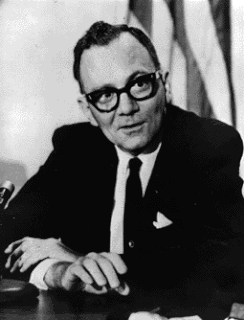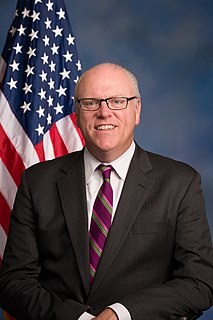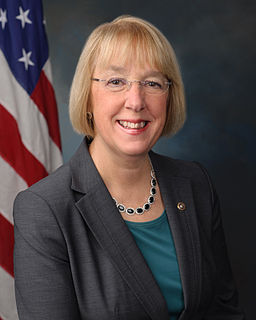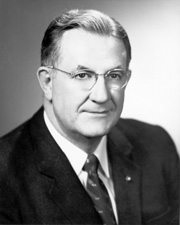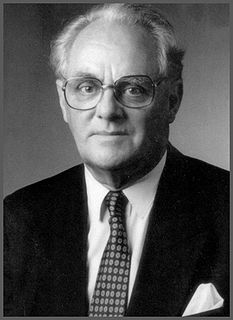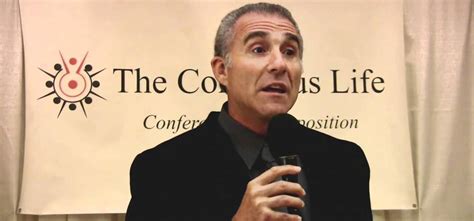A Quote by Herbert L. Ley, Jr.
People think the FDA is protecting them -- it isn't. What the FDA is doing, and what people think it's doing, are as different as night and day.
Related Quotes
I think that the FDA has not been able to catch some of these things as quickly as I expect them to catch and so we’re going to be doing a complete review of FDA operations. At bare minimum, we should be able to count on our government keeping our kids safe when they eat peanut butter. That’s what Sasha eats for lunch. Probably three times a week...
When the FDA forces an old drug off the market, patients have very little say in the matter. Patients have even less of a say when the FDA chooses not to approve a new drug. Instead, we are supposed to rely on the FDA's judgment and be grateful. But can the FDA really make a choice that is appropriate for everyone? Of course not.
My struggles have been around protecting our air quality, protecting people from mercury in fish. I was very involved in the effort to get the FDA to recognize that mercury in fish is a real health issue and the FDA, you know, needed to be on that. But they were very tight with the fishing industry and did not want the public to be aware in the same way that they later didn't want the public to be aware of the problems with Vioxx, and they sat on the studies for many years and allowed 140,000 people to develop heart disease.
You may have difficulty in obtaining some of these (non-drug) therapies..because the FDA has literally pressured Congress, under the guise of protecting the public, to keep time-honoured cultural and natural therapies out of the hands of the general public. If you look at the record of the FDA, it becomes obvious they are serving interests other than yours and mine.
I think every doctor should know the shocking state of affairs...We discovered they (the FDA) failed to effectively regulate the large manufacturers and powerful interests while recklessly persecuting the small manufacturers. ...(The FDA is) harassing (small) manufacturers and doctors...(and) betrays the public trust.
Remember, FDA employees are serious about fear. We pay these people to panic about an iota of rodent hair in our chili, even when the recipe calls for it. FDA employees are first-class agonizers, world champions at losing sleep. When Meryl Streep got hysterical about Alar, they actually checked the apples instead of Meryl's head.
Even to this day, the government, the FDA is refusing to use the sophisticated biotechnology to evaluate the contaminants in the vaccines such as the polio vaccines that they are administering. I think (people) would be appalled that some of the vaccines that are currently being used are still laced with viruses.
Food safety oversight is largely, but not exclusively, divided between two agencies, the FDA and the USDA. The USDA mostly oversees meat and poultry; the FDA mostly handles everything else, including pet food and animal feed. Although this division of responsibility means that the FDA is responsible for 80% of the food supply, it only gets 20% of the federal budget for this purpose. In contrast, the USDA gets 80% of the budget for 20% of the foods. This uneven distribution is the result of a little history and a lot of politics.
First, it is providing a means whereby key individuals on its payroll are able to obtain both power and wealth through granting special favors to certain politically influential groups that are subject to its regulation. This activity is similar to the 'protection racket' of organized crime: for a price, one can induce FDA administrators to provide 'protection' from the FDA itself.
